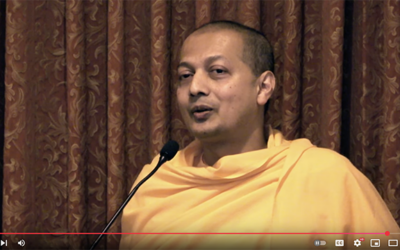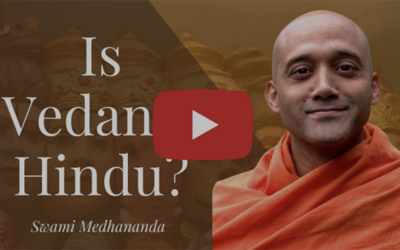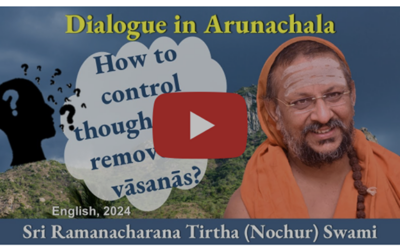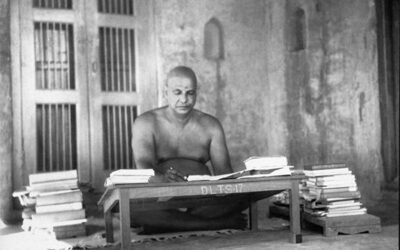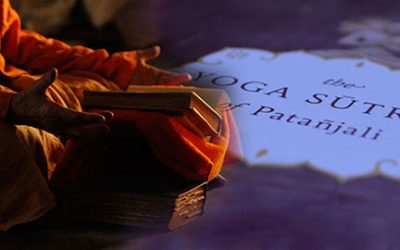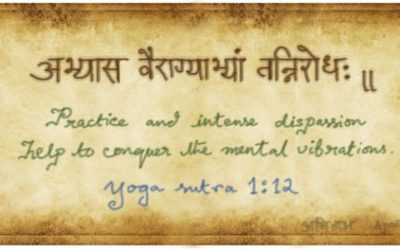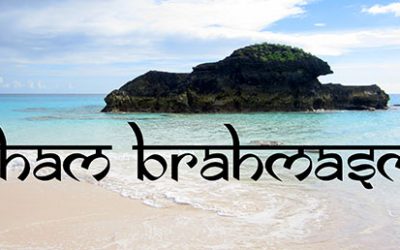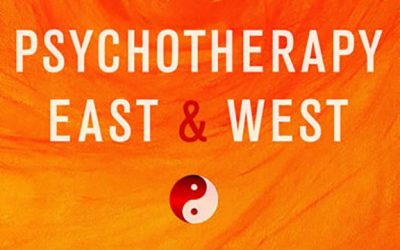In this video, Rupert Spira and Swami Sarvapriyananda share their perspectives on various aspects of the path of wisdom, including seeing the true reality behind all appearances, the process of awakening, and what life is like after Self-realization. They also discuss...
Our Real Nature
In this talk, Swami Sarvapriyananda (senior monk of the Ramakrishna Order, and spiritual director of the Vedanta Center of New York) shares the teachings of the great Jnana Yogi Swami Vivekananda on the true nature of the Self. The talk is based on the Vijnana Vedanta...
Is Vedanta Hindu?
In this talk, Swami Medhananda, a scholar-practitioner, answers the question "Is Vedanta Hindu?" Sri Swamiji explores this thought-provoking subject, examining the historical, philosophical, and spiritual dimensions of Vedanta. Is it exclusively tied to Hinduism, or...
How to Control Thoughts and Stop Vasanas?
In this short video, Swami Ramanacharana Tirtha answers this question. Sri Swamiji is an Acharya of Vedānta sampradāya. His discourses and writings are filled with the power of Atmajñāna and the fragrance of bhakti and one gets an intimation of one’s spiritual essence...
Jnana Yoga’s Fourfold Sadhana
The Fourfold Sadhana of Jnana Yoga consists of viveka, vairagya, shadshampat or sixfold virtues and mumukshutva or strong yearning for liberation. Viveka dawns in one who, through the grace of God, has done virtuous actions in their previous births as offerings unto...
Wake Up!
When I was a young boy, I used to dream a lot about wild animals in the jungle. And very often, in these dreams, they used to chase me. I would run and run and get so tired and when I felt that I couldn’t run anymore and the tiger was very close to me, right in the...
Jnana Yoga and Vedanta in the Yoga Sutras
We learn from our study of Yoga and Vedanta that their goals are one and the same: realization of the true Self. Both sages Veda Vyasa, and Sri Patanjali, in his Yoga Sutras, taught that by cultivating viveka (discriminative discernment) the cause of suffering...
The Relationship Between Yoga & Vedanta
Dr. David Frawley (Pandit Vamadeva Shastri), a regular contributor to Integral Yoga Magazine, is one of the few westerners recognized in India as a Vedacharya or teacher of Vedic wisdom. In this interview, he clearly illustrates the relationship between Yoga and...
Vedanta and Psychotherapy
Sample from the Fall 2007 issue of Integral Yoga Magazine An Interview with Swami Tadatmananda Vedanta and Psychotherapy would seem at opposite ends of the spectrum. Vedanta asserts that all is Brahman and psychotherapy has the psyche as its focus. But as Swami...
Yoga Vedanta
Sample from the Fall 2007 issue of Integral Yoga Magazine An Interview with Dr. David Frawley (Pandit Vamadeva Shastri) Dr. David Frawley (Pandit Vamadeva Shastri), a regular contributor to Integral Yoga Magazine, is one of the few westerners recognized in India as a...
Become Fit to Experience Jnana Yoga
Gurudev Sivanandaji used to tease the so-called Vedantins and Jnana Yogis at the ashram. They would say, “Aham Brahmasmi, I am that Supreme Brahman.” Occasionally, Gurudev would touch a jnani’s arm with a little piece of stinging nettle. That person would jump up,...
Vedanta and Psychotherapy
Vedanta and Psychotherapy would seem at opposite ends of the spectrum. Vedanta asserts that all is Brahman and psychotherapy has the psyche as its focus. But as Swami Tadatmananda, a senior disciple of Sri Swami Dayananda (one of the most respected Vedantis)...


